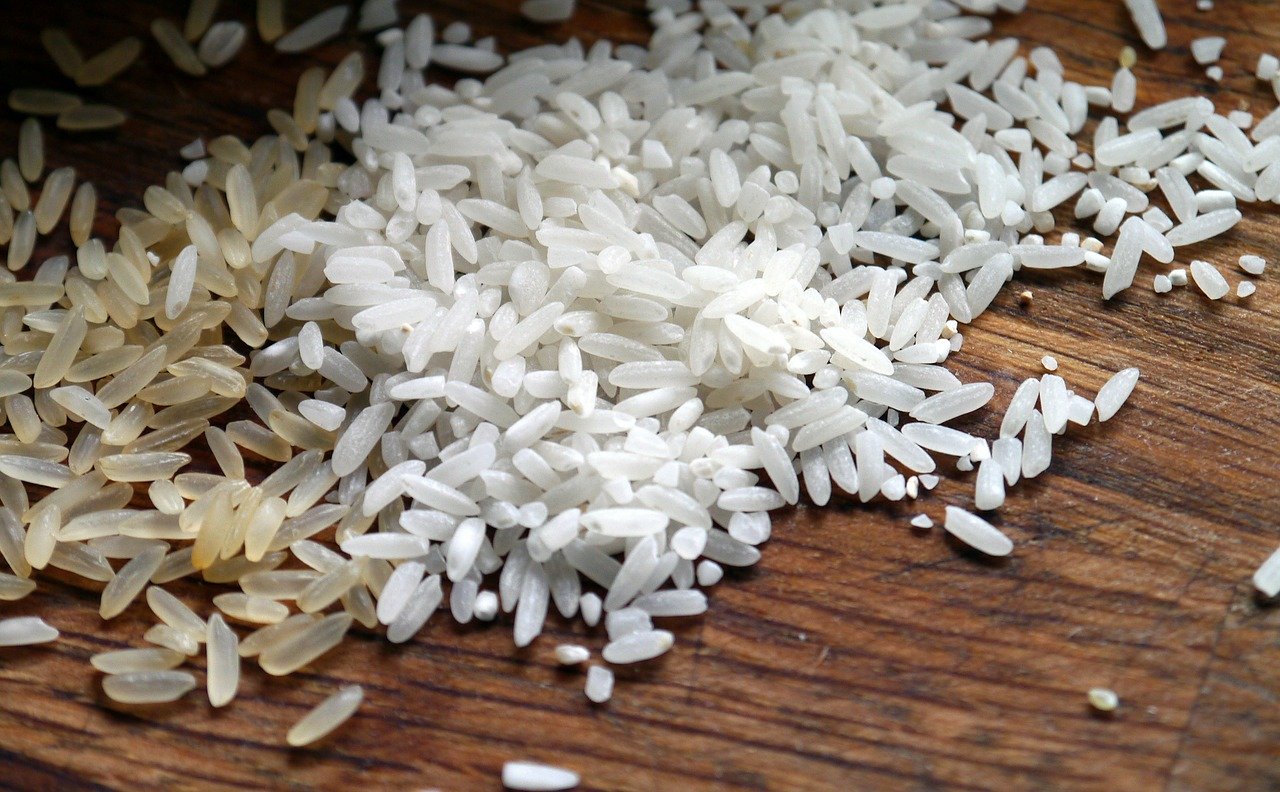In October 2019 researchers from Norway, Lithuania, Spain, UK, Greece, France and the USA published the results of their study to assess the association between diet and measured blood and … Read more
Although there is no overall carcinogenic risk in consuming canned tuna fish in Iran, there is a potential risk due to its arsenic content
In August 2018 researchers from Iran, Chile, Italy and Norway published their review of the medical scientific literature to analyse the pooled concentrations of metals found in canned tuna fish … Read more
Pooled levels of arsenic and lead found in shrimp from the Persian Gulf region were found to be higher than the safe dose recommended by the Food and Agriculture Organization/World Health Organization guidelines and may contribute to the risk of oral cancer
In March 2018 researchers from Iran and Italy published their review of the medical scientific literature to assess the association between the intake level of arsenic and lead from groups … Read more
The preparation and cooking methods applied for rice appear to effectively reduce the risks associated with toxic metals to an acceptable level, except for arsenic which was still at a level to be considered a carcinogenic risk
In July 2019 researchers from Iran published the results of their study to assess the effect of different pre-cooking and cooking methods on the concentration of toxic (arsenic, cadmium and … Read more
Research undertaken so far does not prove that artificial food colouring actually causes autism spectrum disorder, although there does appear to be a link of some type
In February 2020 researchers from India and Qatar published their review on the use of food colouring and autism. They stated that in 2018 the Centers for Disease Control and … Read more
Cereals (including rice) and sweets and condiments (a mixed group of sugar, sweets, tomato ketchup and dressings) on the Swedish market contained higher inorganic arsenic levels than other food groups, including fish
In March 2019 researchers from Sweden published the results of their study to assess the levels of inorganic arsenic and total arsenic in common food products on the Swedish market. … Read more






